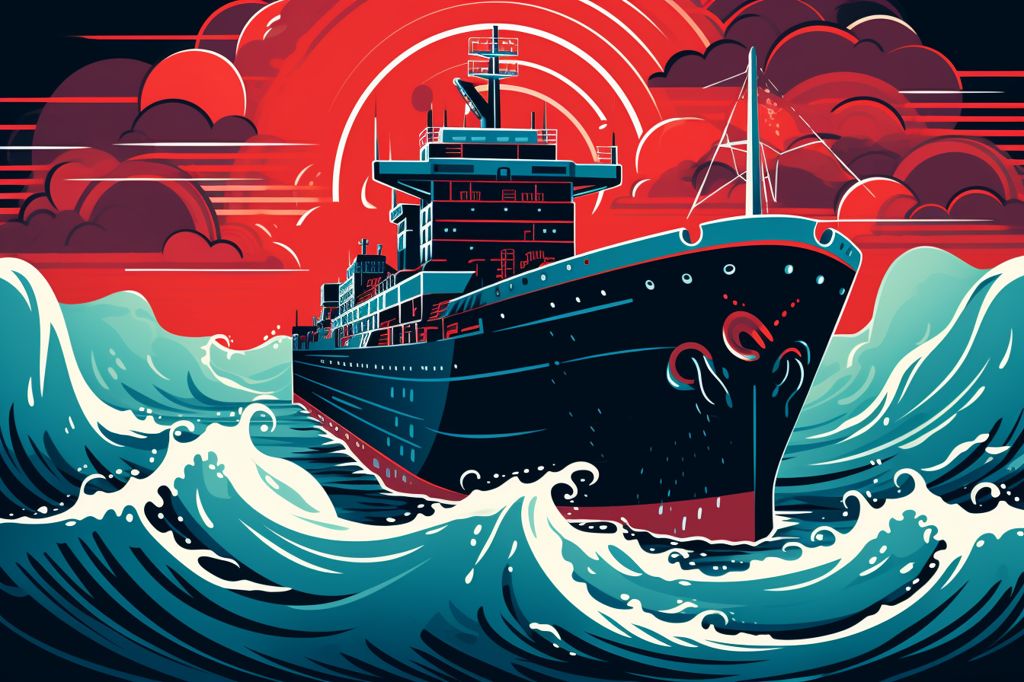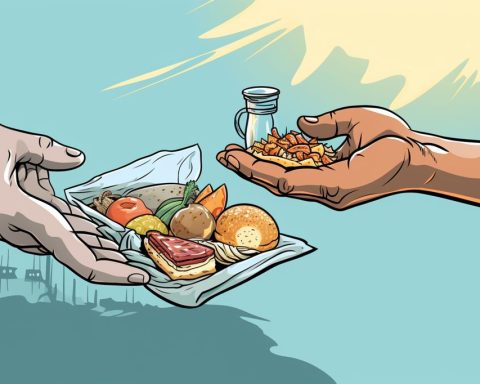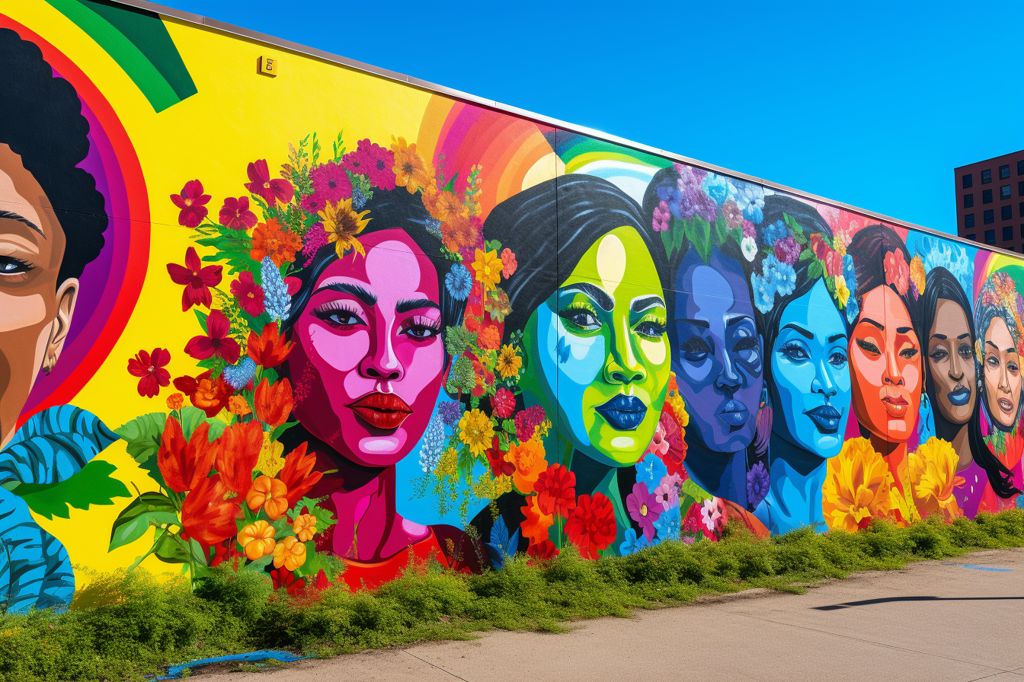The Durban Port is one of the major players in the maritime industry and has recently been targeted by global drug cartels for drug trafficking activities. Due to the strategic risks that the maritime environment poses to the nation’s economic security, stronger efforts are needed to combat criminality, marine exploitation, and ensure economic productivity.
Deputy Minister Bogopane-Zulu Takes Action
Deputy Minister of Social Development Mrs. Hendrietta Bogopane-Zulu, along with a team of social development officials, has taken action to combat drug trafficking in the maritime industry. They recently visited the Durban Port of Entry to gain a deeper understanding of the situation and strengthen collaboration with law enforcement authorities, particularly border policing, to tackle the drug menace that plagues the nation.
Collaboration is Key
Criminals and drug dealers have been exploiting multiple ports of entry to smuggle drugs into the country, with maritime channels being one of the main identified routes. To curb this menace, the department of social development has the responsibility of preventing and treating alcohol and substance abuse. Collaboration with law enforcement agencies, non-profit organizations, faith-based organizations, and community members is essential for the success of their mission.
Media Coverage of the Ongoing Efforts
The visit to the Durban Port of Entry served as an opportunity for the media to cover the ongoing efforts in the fight against drug trafficking. The visit took place on June 23, 2023, at 136 Victoria and Embankment, Durban Central, Maritime House, in the Kwazulu-Natal Province.
Stakeholders’ Partnership
The partnership between various stakeholders—government agencies, non-profit organizations, faith-based organizations, and community members—demonstrates the need for a collaborative approach in this battle. Only through united efforts can the nation hope to overcome the challenges posed by drug trafficking and substance abuse.
The Importance of Fighting Drug Trafficking
The maritime sector is just one avenue through which these illicit activities occur, but the initiative taken by Deputy Minister Bogopane-Zulu and her team highlights the importance of addressing the issue from all angles. The department’s commitment to fighting drug trafficking and substance abuse is a crucial step towards securing the nation’s economic future and ensuring the well-being of its citizens.
In conclusion, the visit to the Durban Port of Entry by the Deputy Minister and her team signifies the government’s dedication to tackling the drug problem plaguing the maritime sector. By enhancing relationships with law enforcement agencies and other stakeholders, the department of social development aims to create a safer and more prosperous future for all South Africans.












